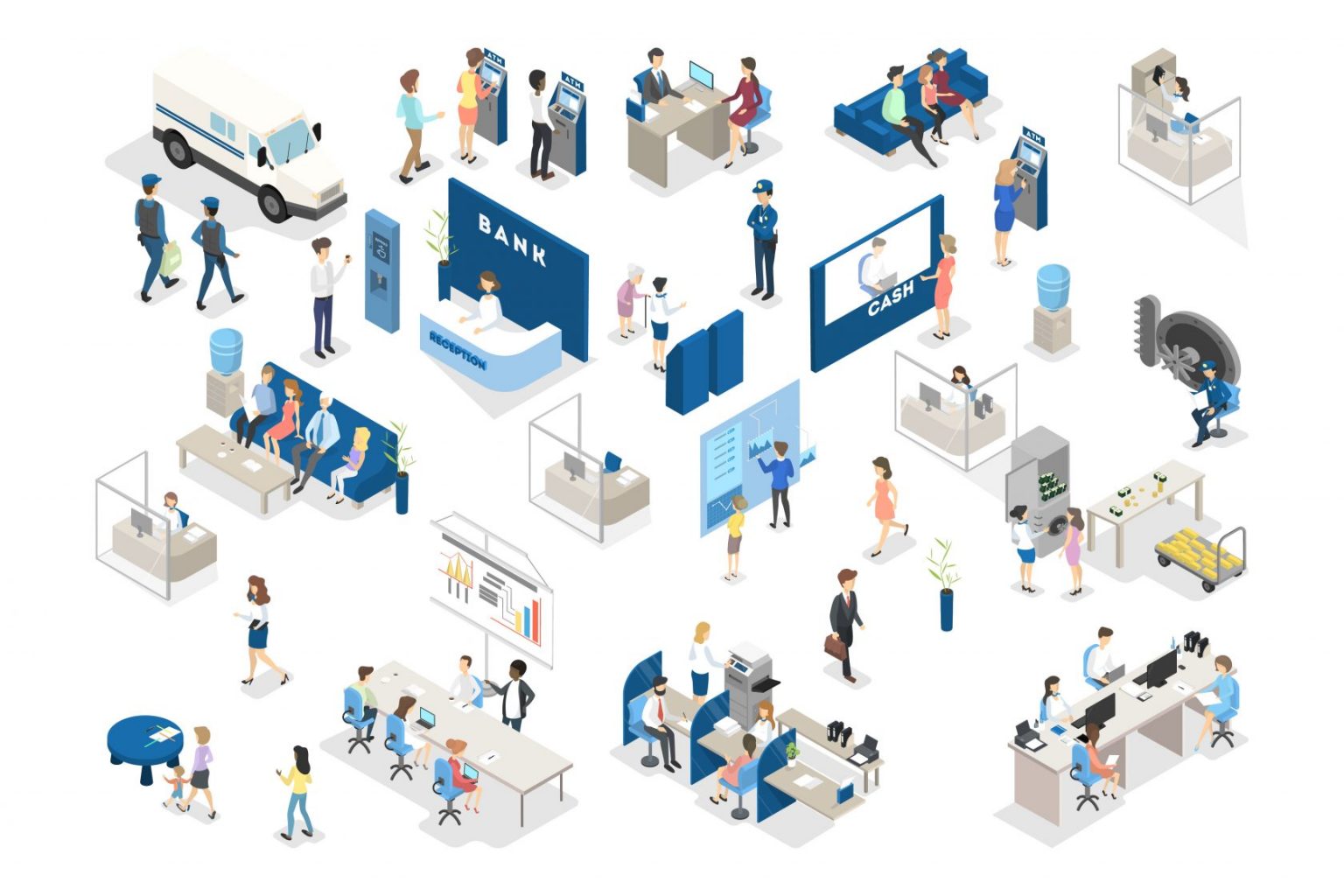
COVID-19 brought forward a myriad of challenges on multiple fronts, for all industries, but none more so than the health insurance sector, who continue to battle to meet the changing expectations of their members.
Whether it is user experience, interoperability, early intervention, claims processing, incentivising healthy lifestyle choices or virtual care services… the list of priorities are growing rapidly as health insurers face fiercer competition and a landscape flooded with new data points and opportunities.
In addition to lockdown-related complications, insurance firms have had to grapple with members’ changing preferences, demographic shifts and compliance mandates.
In this blog, we look at the six technology trends that are shaping the health insurance landscape driven by policyholders pursuit of seamless service and flexible coverage options and explore the strategies and tactics insurers can take to manage external pressures and shifting consumer expectations.
Virtual Care Services

Virtual care services have come of age during the past 18-months, with COVID-19 acting as the catalyst for change. During this time, patients have demonstrated a strong appetite for virtual care and this change in service modality confirms that virtual services are here to stay.
According to recent research carried out by PwC, 79% of consumers with employer-based health insurance said they were open to chatting to an online health system, and a further 76% said they were willing to use health service mobile apps.
Recent events have driven catalytic change for virtual care, taking it from niche to mainstream in a matter of months. The extent of its impact is apparent, and the insurer’s role in the health ecosystem is evolving as insurers search for health partners who add value to their everyday lives, with innovative tools that fit their lifestyles and offer a wider range of digital health services.
Having a fully remote communications throughput that acts as a digital-first triage in any number of situations or contexts will become a standard for the industry.
Automation and Machine Learning

Health Insurers, like any financial services organisation, want to address the cost to do business. Automation (especially in back-office repeatable tasks) can reduce costs and improve efficiency whilst offering an opportunity to leverage the potential of machine learning.
In the past, the rise of automated workflows has been driven by the need for a basic level of digital transformation. More recently, however, it has become a vital enabler for collaboration, productivity, creativity and business continuity.
Process Automation and document generation solutions can help insurers streamline and automate manual, inefficient document creation processes through powerful yet user-friendly capabilities.
The beauty of automation in these standardised functions is that new and novel data can be generated to refine processes, analyse outputs and ultimately inform decisions that deliver further optimisation to the product and service delivery functions, whether it is machine learning algorithms that can analyse health insurance claims to predict cases of fraud or support the accurate evaluation of a case, good quality objective data in these systems can be leveraged to create better outcomes for employees and customers alike.
Predictive Modelling

Health insurance is a data-rich industry, driven by rapidly evolving digital health technologies. Predictive modelling provides a means for health insurers to improve personalisation, user experience and outcomes for their customers.
Applying predictive modelling leads to personalised premiums giving detailed insights for underwriting activities, reducing risk and improving outcomes for payer and payee.
For insurers, a better understanding of social determinants of health can generate personalised, more actionable care pathways and identify the best potential outcomes for their users.
As the line between consumer health wearables and medical devices begins to blur, it is now possible for a single wearable device to monitor a range of medical risk factors. Potentially, these devices could give consumers direct access to personal analytics that can contribute to their health, facilitate preventive care, and aid in the management of ongoing wellbeing.
Wearable technology provides an ideal platform for documenting activities such as tracking exact geographic movements of insurers, allowing for direct ‘moment in time’ digital experiences and incentives.
Enhanced Customer Experiences

The pandemic substantially increased demand for digital-first customer experiences. It also massively shifted the demand for always-on access to personal health services, with increased concerns around unhealthy behaviours such as lack of exercise, poor nutrition, increased substance use and smoking, all of which may lead to deterioration in health and increases in healthcare spending.
Enhancing the health and wellbeing experience for all users can benefit health insurers in a range of ways. Not only do you optimise to the best outcomes for your customers, but companies can in return receive rich data sets that trend over time, to assist with pricing models, risk exposure, likelihood to claim and more. Through the use of fitness trackers and remote monitoring, mobile health wellbeing scores and links to community groups, positive outcomes for customers, employees & patients can be built into platforms and applications from scratch and create the kind of brand advocacy that grows businesses via word of mouth.
Health Insurers are already using wellness programs to strengthen policyholder trust, which in turn will bolster their customer loyalty and policy retention rates.
Data Interoperability

Interoperability of healthcare data allows insurers and providers to have a holistic view of members’ health, enabling them to deliver faster, more accurate and coordinated care.
Interoperability across different systems allows timely and seamless exchanges of users information, which in turn enables more personalised care delivery options. However, disparate systems often lack common standards for data sharing and interpretation.
Health insurers can develop APIs and electronic tools and apps to empower their users to access and share their health data quickly, securely and accurately. This will give members more control over their health data, and enable insurers and health providers to offer members better care management services and increase positive outcomes.
Security & Data Loss Prevention

The healthcare and services industry is one of the top industries targeted for cybercrime, given the wealth of high-value health and personal information.
The proliferation of devices – wearables, tracking devices, IP connected monitors – is a major security challenge for health insurers. In research published by CapGemini (2021) 48% of health insurance Execs said that they were increasing their cyber budgets in 2021.
Consumers are savvy to the risks and implications of data loss and cybercrime and therefore make more informed decisions when choosing their health insurance providers. They want to know that their personal information is protected to the highest standards.
Security is a moving target that needs an always-on, iterative focus, alongside teams manned by subject-matter experts who understand how to define and deliver the highest-fidelity solutions for data collections, transfer, storage and use.
Building customer loyalty is a top priority for insurance providers, and embracing new technologies can help reap the benefits. As automation improves workflows, claims processing and policy management and better use of data provides personalisation, customisation and virtual healthcare services, the differentiators between you and your close competitors become obvious and help you stand out in a crowded and competitive market.
If you are a health insurer on a digital transformation journey looking to build a platform, digital solution or mobile application, get in touch with one of our experts to find out more today.


